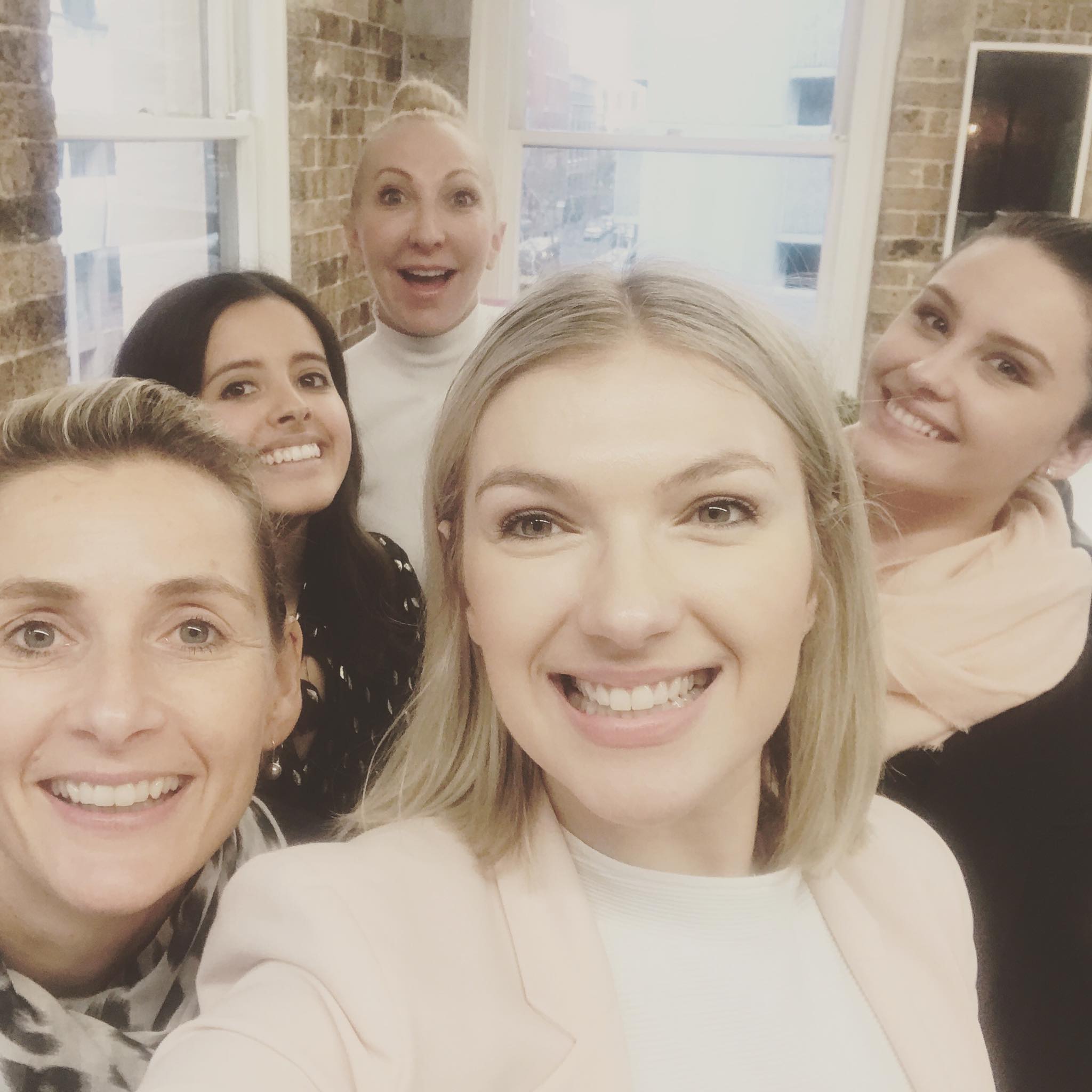You read the job ad on SEEK and you believe you are perfect for the job – you’ve got all the qualifications they are asking for. Oh hold on… What does that say? They want someone who has experience with this, that or the other. “Well, I could do that,” you think to yourself. “I haven’t done it before. But, I could learn.”
Given that the job market is as tough as nails at the moment it may be tempting to bluff your CV but is that a really a good idea? Not if you are the former Yahoo CEO Scott Thompson: he was fired last May after he was caught out for including a bogus computer science degree on his CV. With so many social mediums like Facebook, Linked In, Twitter etc. you can assume that everything you say will be checked – and can be verified with the click of a mouse! So how do you sell yourself without a little bit of embellishment? Here are a few do’s and don’ts when playing around with your CV…….
Job Title
Never upgrade your job title, too often when screening resumes recruiters can think “too experienced” when in fact you may be doing that exact job now –you’ve just exaggerated your title. You can of course adjust it if it’s not a common role like “new category consultant (sales consultant)”. This is the first thing people look at on your CV. Recruiters literally read hundreds of CV’s a day, they don’t read every single line so take that into account.
Dates of Employment
Many people lie about gaps in their CV’s or remove temp/ contract roles to show employers they are stable and loyal – DON’T! Fill in all the gaps – if you were travelling……..state it, if you were only in a job for a short time…… include it! You can always explain that it wasn’t the right fit. If you had a few contract roles – list them; just the job title, company and dates – no need for duties here unless the role is specific! Recruiters don’t want to see your 6 temp reception duties replicated in a row.
Education and training
Never ever lie about your education as this information is very easily verified. If you don’t have tertiary qualifications then list your education at the end of your CV so more emphasis can be placed on your skills and work experience.
Key strengths
Don’t list skills that you don’t have on your CV. This goes without saying, if you are not comfortable with Microsoft Excel – leave it off your resume altogether. List the skills that you are good at, try be more creative than “Excellent communicator” or “Organised” as this doesn’t set you apart from the competition.
Little things can make the world of difference on your CV to fluff it up and emphasis what you ARE good at not what you WISHED you were good at. A layout that highlights your skills, expertise and summarise your capabilities draws the reader into your CV and as a result you avoid those awkward moments when the truth comes out – and believe me it always does!






We want to hear from you!